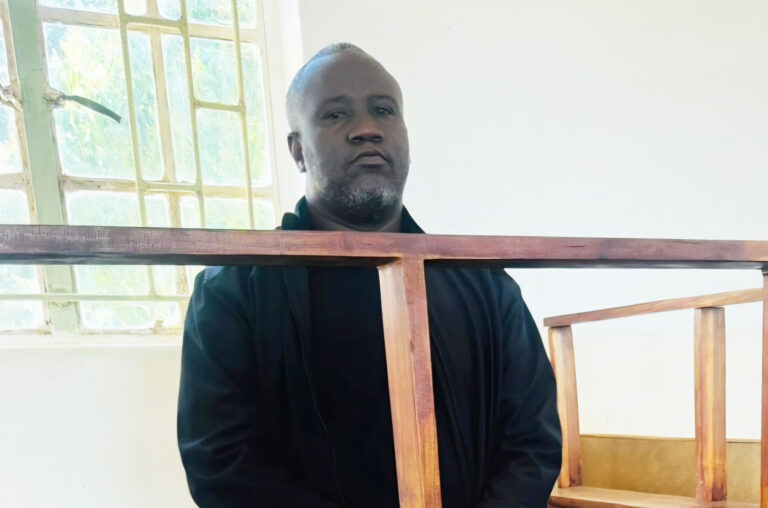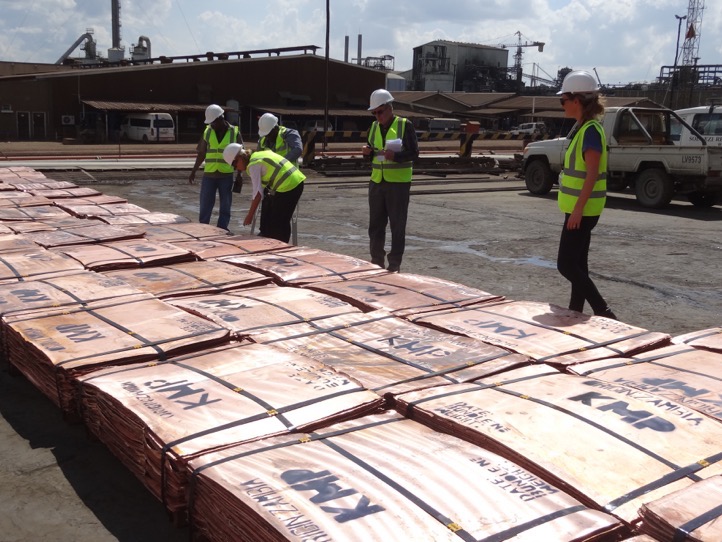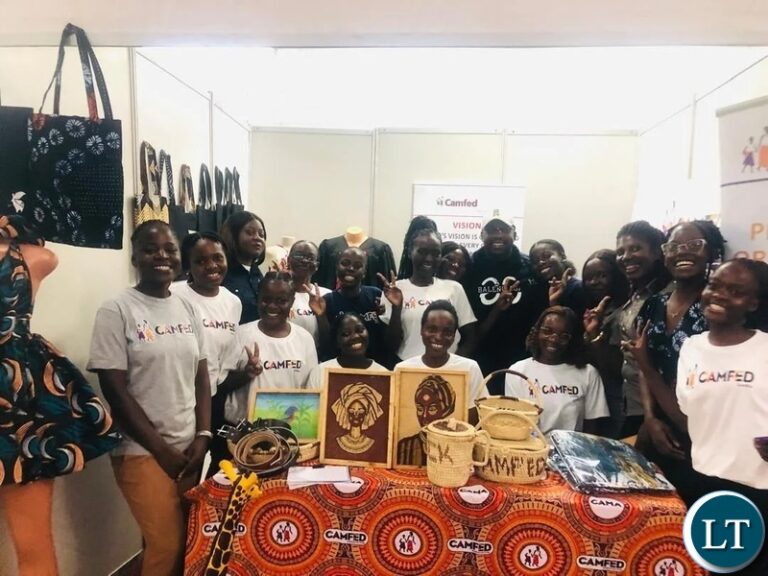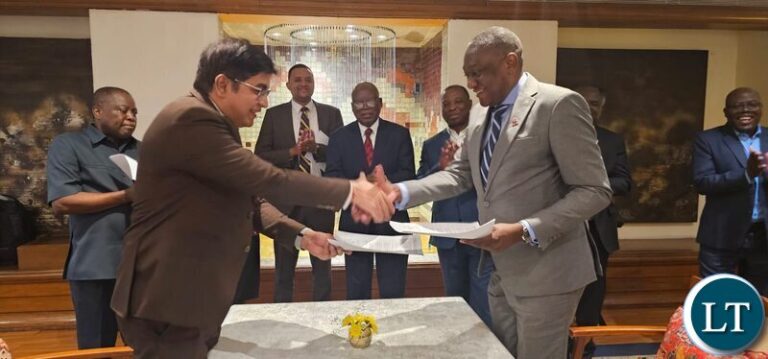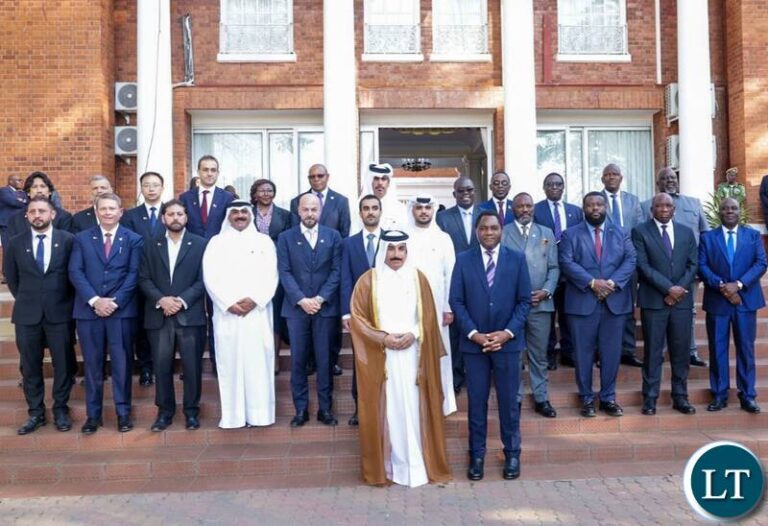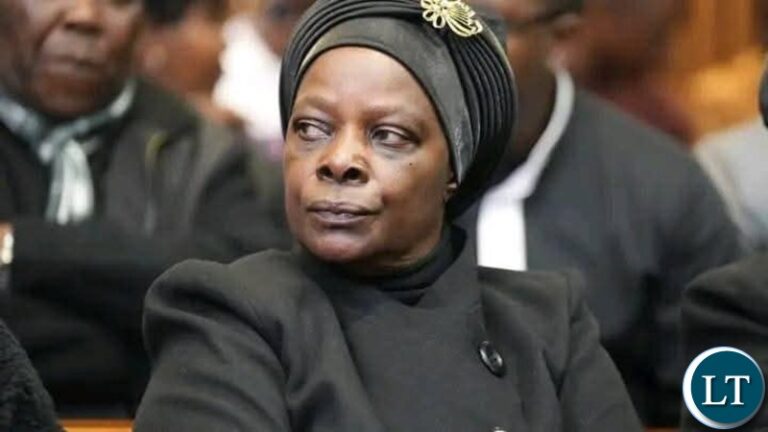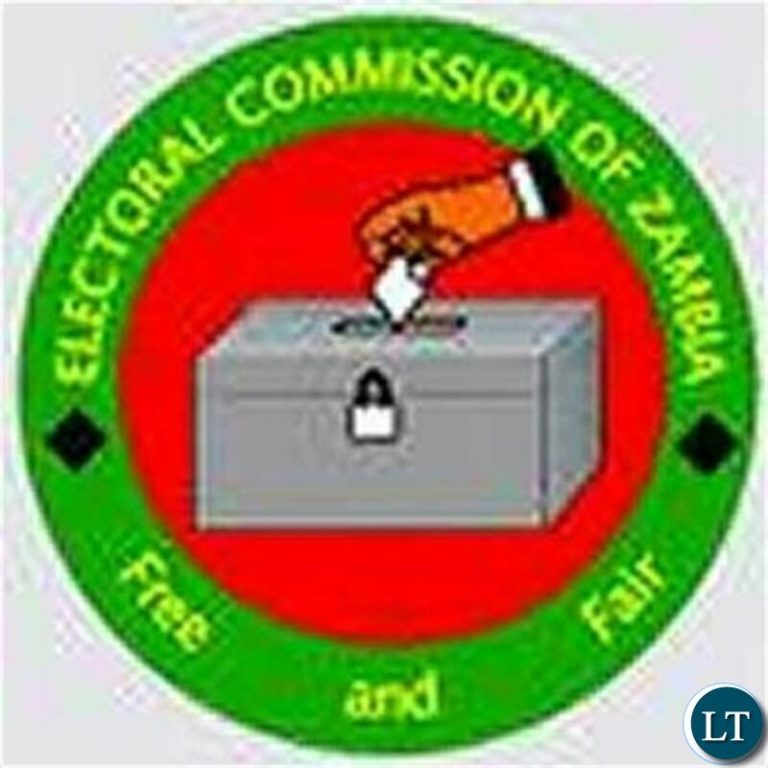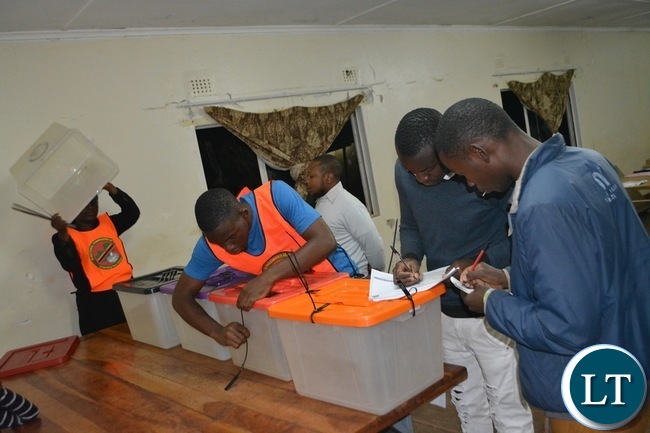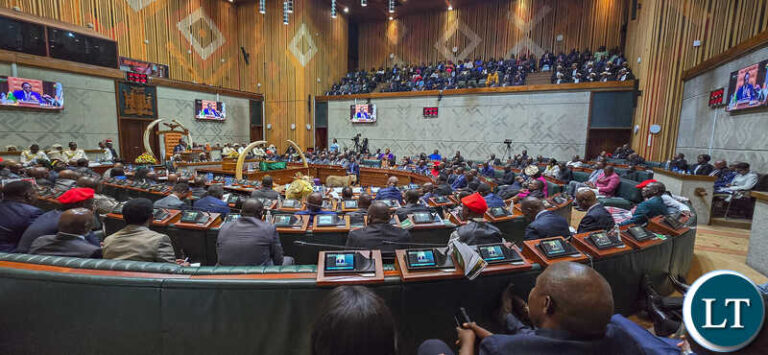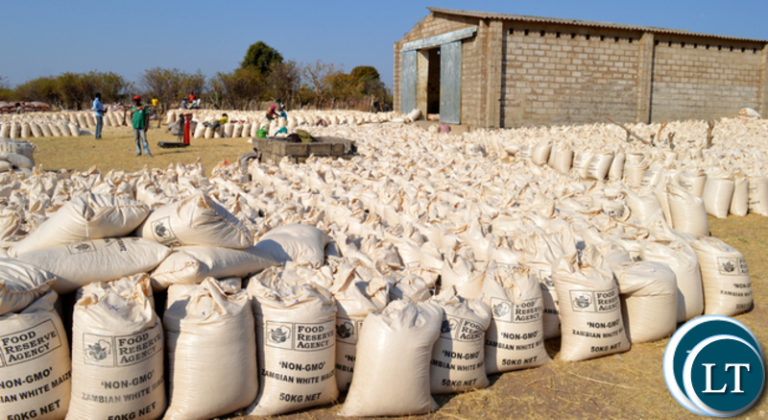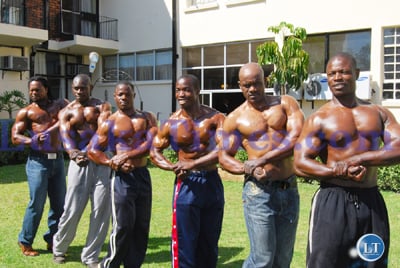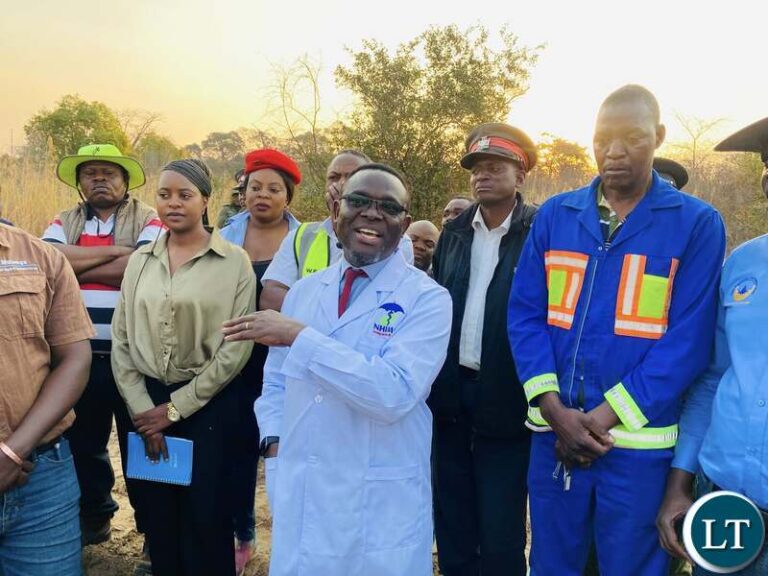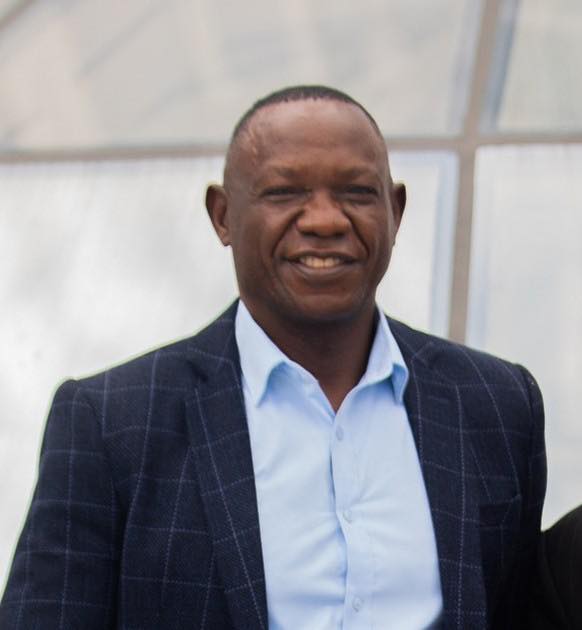“Not Guilty!” declared media entrepreneur Oscar Chavula, as he stood in the dock facing what he calls a politically engineered case meant to silence him. In a powerful reflection, Chavula narrates how successive governments have targeted him and Hot FM, confusing his business with politics and mistaking accountability for opposition. He describes his plea as more than a courtroom defence,it is a stand against “shadow prosecutions” designed to intimidate independent voices. His message is defiant: he has never been a poodle for politicians, and no threats, legal or political, will shake his commitment to Zambia’s truth.
In His Words
A few weeks ago I stood in the Dock of a court in this land of work and joy for purely being Oscar Chavula, the instruction are “find something on him and take him to court.” Initially, I thought it was just mere over reach by the system until I had to plead not Guilty, for a crime I was nowhere near nor present. They elected to create a crime scene for me in the hope that I will oblige to their whims.
I am a firm believer in equal justice and no one should be above the law, I however, feel to persecute people through shadow prosecutions is not only unsustainable but a grave injustice.
I have lived through five regimes largely. The confusion between me and the businesses I run is always perplexing. Operatives of subsequent governments never seem to see the distinction between the two. Whoever is in power always takes the position that we are against them just by merely holding them accountable or asking them to keep the promises they made or letting Zambians ask them the questions directly through Hot FM. Yes Hot FM is my baby and it speaks largely to our promise and values. It’s Zambia above all else, from day one we espoused this value, it is the reason even those in power felt they had a voice before they had power.
The MMD continually with consistency wanted us to fire the Presenters of the Kawala party (a fictional party) or we will be closed down. On one occasion the then SG Mr Kachingwe called me to his office had a major “go” at me and insisted I fire China Zaza because he didn’t like our editorial direction, I called his bluff, by not doing his bidding after his 24 hours ultimatum elapsed. He didn’t like it but I couldn’t care less. Where are we today?
After His appointment as PS, Emmanuel Mwamba called me the same afternoon to find out why his first instruction from George Chellah was close Hot FM down? I was in shock but not moved, I sought an audience with the President a (MCS) and few days later and he quashed that abhorrent “disrespectful order” from his rogue handler.
Mutale Mwanza, while on RHB (Red Hot Breakfast) called on people to stop blaming ECLs handlers for his inept handling of the National Affairs on Live Radio. The President was voot, He instructed the Minister to deal with us firmly, Dora ( a good friend of mine) called me and Costa to government complex to let us know of the president’s displeasure of our newsrooms and shows and requested subliminally that we do something about it. I was clear even then, I do not fire people at the behest of politicians or government, and I would not oblige, I didnt!
Examples are endless.
Here is my truth, I live in a world of perception and counter perception, when it suits them I am the best thing after toast but when it doesn’t, I am a sponsored charlatan or a hired gun. I am not a creature of convenience and I do not intend to start now. I have never been paid to do harm or good by anyone, I do not do narrative control for anyone and I am never against the ordinary Zambian for my comfort.
By nature I am not a coward and I care less for political antics, either dressed in threats of closure or pimped in legal attacks or threats of imprisonment, am simply not a poodle of Mr. Anybody. Instinct tells me not to let bullies get away with murder at my expense.
I will go through the court process just like anyone would do but today’s politicians more specifically the UPND should remember that the PF illtreated us and felt invincible but where we now? Disoriented and apologetic… Mokili tour-a-tour!
If you can’t close them down, at least lock the owners down. In short lock the shepherd and the sheep will scatter. Our businesses are built on systems and values not individuals, my absence will change nothing… totally! Our call is to the nation nothing more nothing less. He concludes with the below Bible Quote
Pro 1:18
But [when these men set a trap for others] they are lying in wait for their own blood; they set an ambush for their own lives.
His declaration of “Not Guilty” is more than a legal plea; it is a broader challenge to what he calls shadow prosecutions and political bullying. For Chavula, the battle ahead is not just about his name but about the principle of independent voices surviving in Zambia’s democracy.
As this case unfolds, it serves as a reminder of the indispensable role the media plays in holding power to account. At its best, journalism is fearless, uncompromising, and non-partisan, committed to truth above all else. Chavula’s stand is therefore not only personal but symbolic, urging all media practitioners to remain firm, factual, and unbowed in the face of intimidation. The future of a just society, he argues, depends on truth-tellers refusing to bend.


